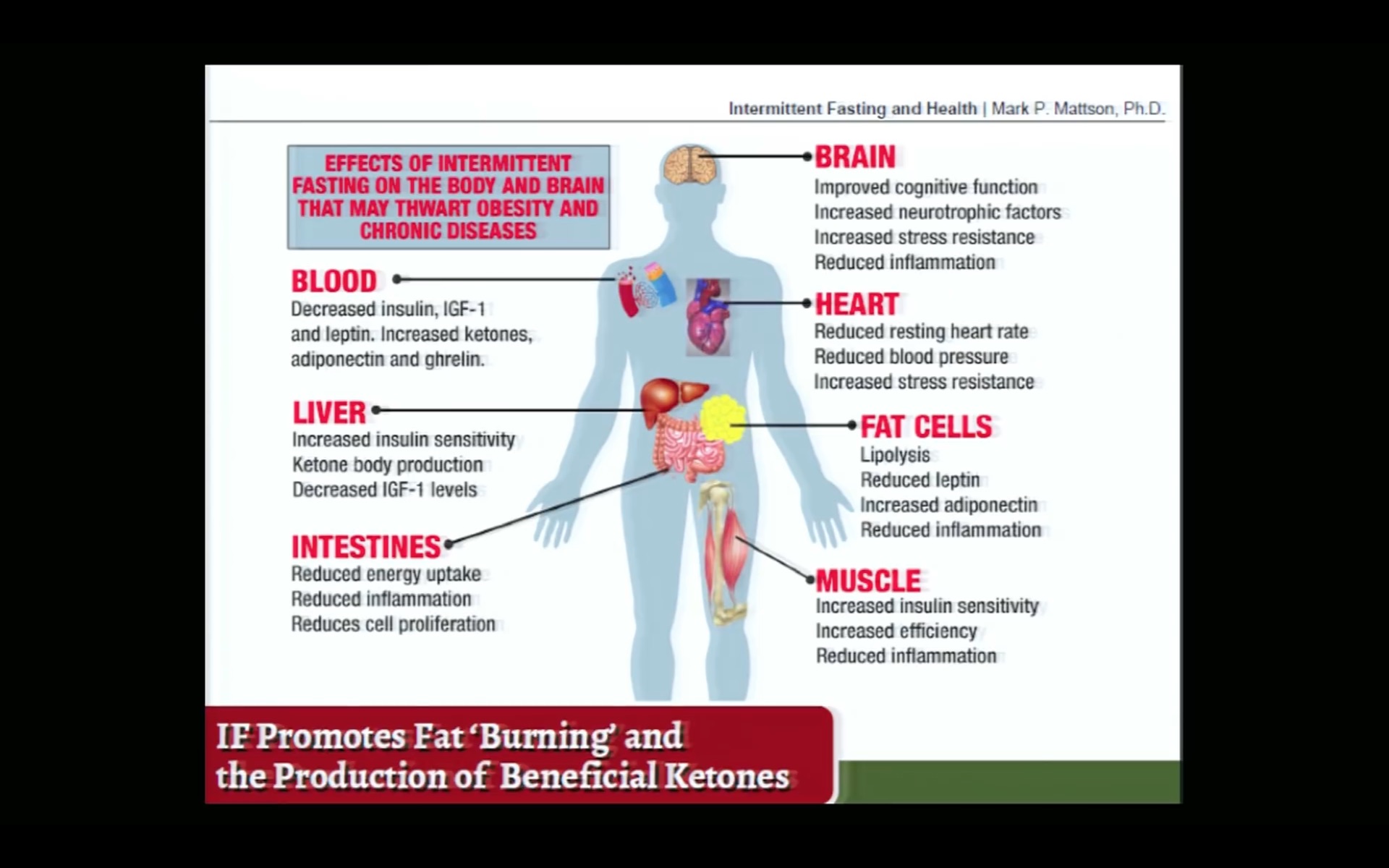This page contains some video presentations about how to build an Alzheimer’s-resistant brain.
Lisa Genova (19 May 2017)
Alzheimer’s doesn’t have to be your brain’s destiny, says neuroscientist and author of “Still Alice,” Lisa Genova. She shares the latest science investigating the disease — and some promising research on what each of us can do to build an Alzheimer’s-resistant brain. [Source: Lisa Genova, TED Talk, via YouTube 19 May 2017]
Neal Barnard (20 Sep 2016)
Power Foods for the Brain. Dr. Barnard has led numerous research studies investigating the effects of diet on diabetes, body weight, and chronic pain, including a groundbreaking study of dietary interventions in type 2 diabetes, funded by the National Institutes of Health. Dr. Barnard has authored over 70 scientific publications as well as 17 books. As president of the Physicians Committee, Dr. Barnard leads programs advocating for preventive medicine, good nutrition, and higher ethical standards in research. He has hosted three PBS television programs on nutrition and health and is frequently called on by news programs to discuss issues related to nutrition and research. Originally from Fargo, North Dakota, Dr. Barnard received his M.D. degree at the George Washington University School of Medicine and completed his residency at the same institution. He practiced at St. Vincent’s Hospital in New York before returning to Washington to found the Physicians Committee.
Samuel Cohen (16 Oct 2015)
More than 40 million people worldwide suffer from Alzheimer’s disease, and that number is expected to increase drastically in the coming years. But no real progress has been made in the fight against the disease since its classification more than 100 years ago. Scientist Samuel Cohen shares a new breakthrough in Alzheimer’s research from his lab as well as a message of hope. “Alzheimer’s is a disease,” Cohen says, “and we can cure it.” [Source: Samuel Cohen, TED Talk, via YouTube, 16 Oct 2015]
Owen Carmichael (22 Apr 2015)
Brain scientist Owen Carmichael is preparing for his Alzheimer’s diagnosis. And for his children’s Alzheimer’s diagnosis. And he’s asking an important question: Can we use basic health tools to train our brain to resist the effects of the disease? DR. OWEN CARMICHAEL has a Ph.D. in robotics and a passion for brain science. Owen is an associate professor and the Director of Biomedical Imaging at the Pennington Biomedical Research Center. He uses technology not only to better understand how the wiring of your brain affects your ability to think, but also how your actions and your environment can affect the wiring of the brain. In other words: are we able to set ourselves up to be mentally healthy throughout our lives, or are we destined for our brains to turn our lives one way or another? Owen has been studying these questions for years. [Source: Owen Carmichael, TEDx Talks, via YouTube, 22 Apr 2015]
Mark Mattson (18 Mar 2014)
Mark Mattson is the current Chief of the Laboratory of Neurosciences at the National Institute on Aging. He is also a professor of Neuroscience at The Johns Hopkins University. Mattson is one of the foremost researchers in the area of cellular and molecular mechanisms underlying neurodegenerative disorders such as Alzheimer’s Disease, Parkinson’s Disease, and amyotrophic lateral sclerosis.
